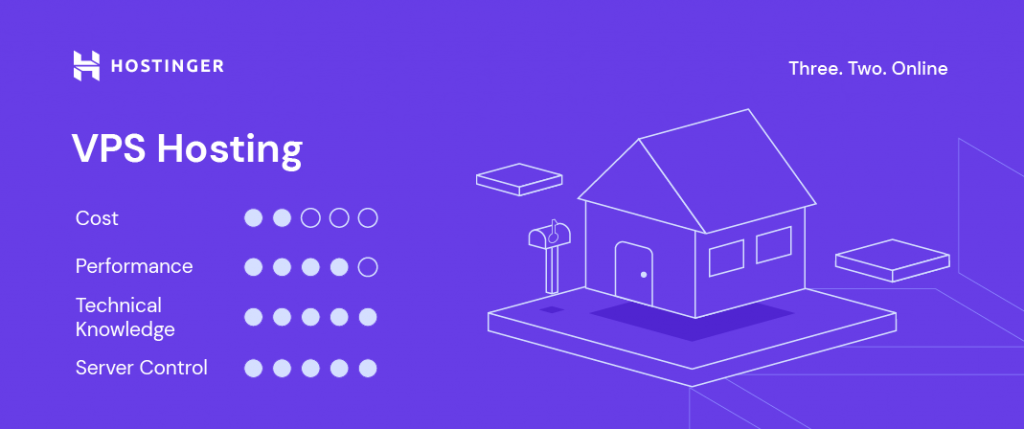Sustainability has transitioned from a corporate trend into a business imperative, and few sectors illustrate this evolution better than the Fiber Based Packaging Market. As environmental regulations tighten and consumer awareness deepens, fiber-based packaging is becoming the benchmark for sustainable product distribution. The market’s growth reflects a combination of innovation, regulatory pressure, and changing global attitudes toward waste management.
One of the most influential factors driving this market is the increasing demand for recyclable and compostable packaging materials. Fiber-based solutions, made from renewable raw materials like paper pulp and agricultural residues, are helping industries reduce their dependency on petroleum-based plastics. This eco-shift is particularly visible in food packaging, personal care, and logistics, where brands are transitioning to biodegradable alternatives that maintain both strength and durability.
The integration of digital technologies in the packaging industry is also shaping future growth. Smart fiber-based packaging solutions equipped with traceability codes and eco-labels enhance supply chain transparency. Moreover, the combination of sustainability and digitalization adds significant value for consumers seeking authenticity and ethical sourcing.
As per Glass Ionomer regional insights, regional policies in Europe, North America, and Asia-Pacific are accelerating adoption. The European Union’s Green Deal and India’s single-use plastic ban are notable policy examples that are encouraging investments in fiber alternatives. These shifts not only ensure regulatory compliance but also strengthen brand reputation in competitive markets.
In the coming decade, advancements in pulp processing, coating technologies, and fiber recycling will further boost efficiency and reduce costs. The growing emphasis on carbon-neutral operations and zero-waste manufacturing underscores the market’s vital role in building a more sustainable industrial ecosystem.





